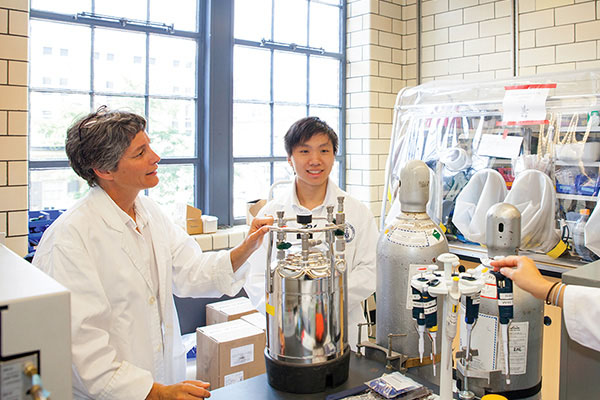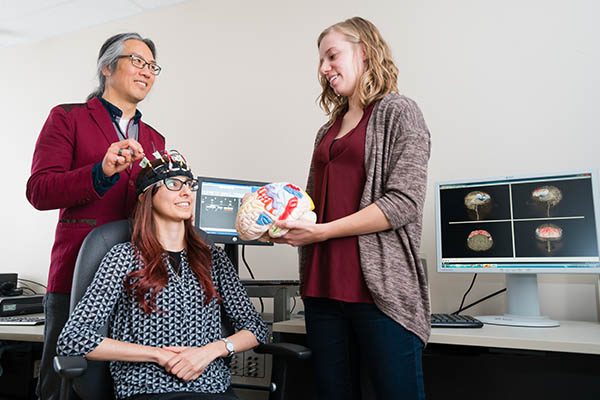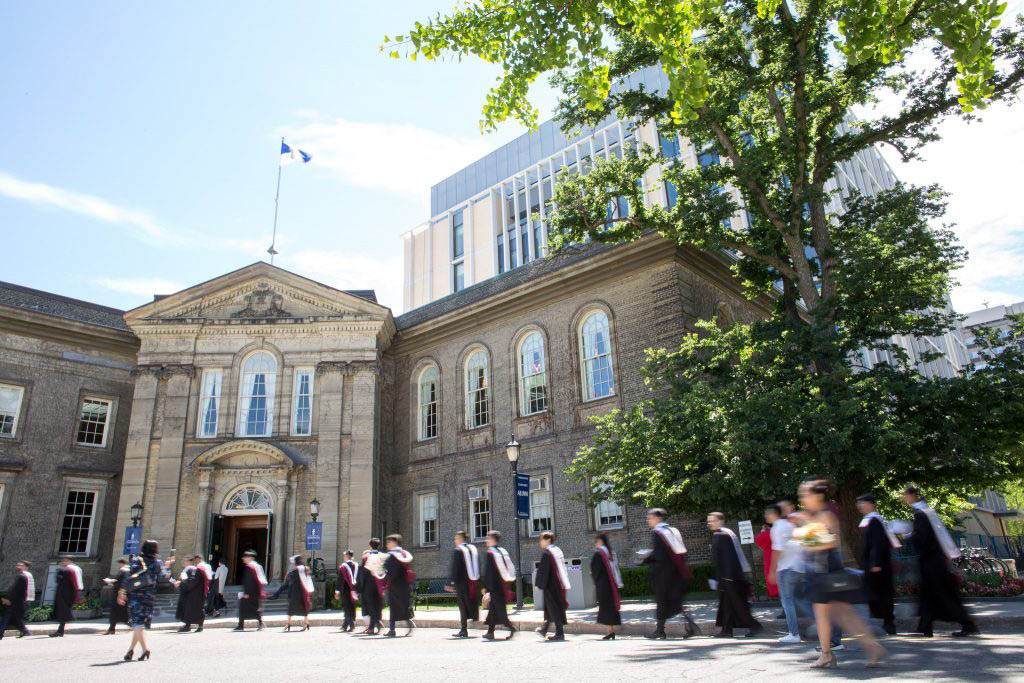CHEME: Going Beyond the Fads and Jargon: What Does Research Tell Us about Teaching for High Quality Learning in Science and Engineering?
Wallberg Memorial Building 200 College Street, Toronto, Ontario, CanadaJENNIFER CASE, Virginia Tech Going beyond the fads and jargon: What does research tell us about teaching for high quality learning in science and engineering? There is much contemporary talk on how university teaching is outdated, and how radical change is needed to accommodate the needs of current students and the expectations of the workplace. Many […]











